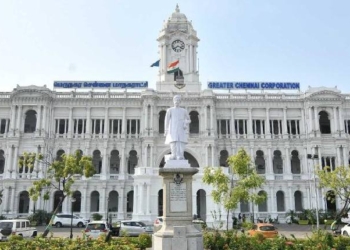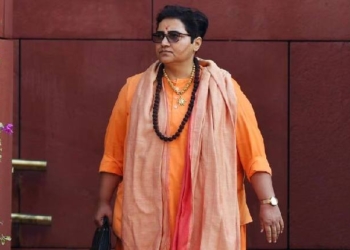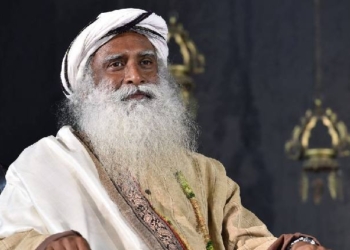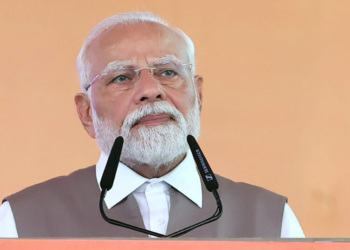New Delhi: The Centre on Monday opposed before the Supreme Court a plea by Teesta Setalvad’s NGO against religious conversion laws passed by state governments, saying she is an accused in a cheating case and espoused divisive politics.
The Ministry of Home Affairs (MHA), in a written response to a petition filed by NGO ‘Citizens for Justice and Peace’, said: “The petitioner is guilty of collecting huge funds exploiting the agonies of riot-affected people for which criminal proceedings are going on against Teesta Setalvad and other office bearers of the petitioner.”
It further added, “under the guise of serving public interest, the petitioner deliberately undertakes, and consciously and surreptitiously espouses, divisive politics in an attempt to divide the society on religious and communal lines. Similar activities/endeavors of the petitioner organization are also found in other states. Presently this activity is going on in the state of Assam”.
The affidavit added that the petitioner herein purports to act in public interest in which it “selectively takes up public causes for the objects and intents other than public interest”.
“From a series of judicial proceedings, it is now established that the petitioner no.1 (NGO) allows its name to be used through its two office bearers at the behest of some selected political interest and also earns out of such activity,” it added.
The Centre, questioning the locus standi of the petitioner, said that the prayers made in the instant petition are made in other petition also, which will be examined by this court, subject to hearing all necessary and affected parties.
“If the petitioner is bonafide contesting the present petition purely in public interest, it cannot have any objection if the same issue is gone into by this court in other proceedings,” said the affidavit.
The NGO has challenged the laws passed by the Uttar Pradesh government and Chhattisgarh government. The Gujarat and Madhya Pradesh governments have filed separate petitions challenging the interim orders of the respective high courts staying certain provisions of their law on conversion.
During the hearing on Monday, Attorney General R. Venkataramani contended that petitions filed against state legislations should be heard by the high court concerned. “I have serious objections to the petitions,” he said.
Senior advocate C.U. Singh, representing NGO Citizens for Justice and Peace, submitted that people cannot get married due to these state laws and the situation is very grave.
The Jamiat Ulama-i-Hind has also moved the Supreme Court, challenging the anti-conversion laws of Madhya Pradesh, Gujarat, Uttarakhand, Uttar Pradesh, and Himachal Pradesh. The Muslim organization contended that these laws have been enacted to “harass” interfaith couples and implicate them in criminal cases.
A bench of Chief Justice D.Y. Chandrachud and comprising Justices P.S. Narasimha and J.B. Pardiwala fixed all matters, including a transfer petition, for hearing on Friday.
A fresh application has been moved before the Supreme Court urging that the matters connected with the alleged forcible religious conversions be taken up by a larger bench of five judges as they involve the interpretation of the Constitution. The fresh application is filed by advocate Ashwini Upadhyay, who is one of the petitioners.
(IANS)

















